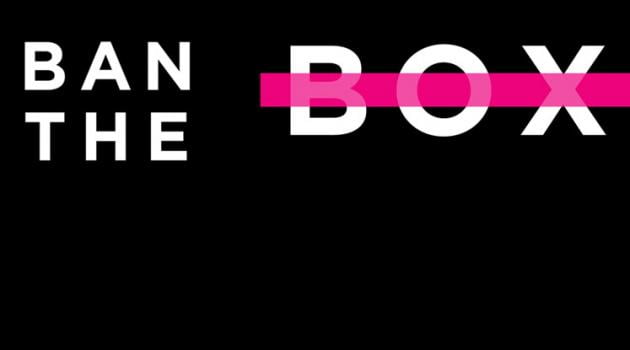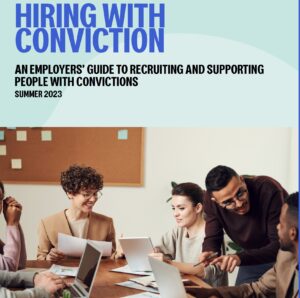A question of fairness
Unlock recently (25 October 2018) published new research that shows the vast majority of national companies continue to have criminal record declarations as a core part of their initial job application forms.
Marking the 5-year anniversary of the Ban the Box campaign, the findings reveal the extent to which national employers have failed to recognise the negative consequences of criminal record tick-boxes on application forms.
Key findings
Unlock surveyed 80 large, national employers across eight sectors – supermarkets, retail, hotels, food and drink, construction, car manufacturing, utilities and communications and found that:
- 77 out of 80 employers had online application forms.
- Of those 77, 54 employers (70%) asked about criminal records on their application form.
- 80% of employers who asked about criminal records provided no guidance to applicants on when a conviction becomes spent.
- 22% of employers had phrased the question about criminal records in a way that was either potentially unlawful or misleading.
- Collecting criminal records data at application stage is unlikely to be compliant with data protection legislation.
- None of the employers surveyed provided information to applicants on why they collect criminal records data, or for how long it will be retained. Under the GDPR, employers who fail to provide this information are likely to be in breach of the law.
- None of the construction companies and only half of the car manufacturers in our survey asked about criminal records at application stage.
The findings of this report show that there is still a long way to go in encouraging employers to stop asking about criminal records on application forms. To achieve a fundamental shift in recruitment practice and seeing Ban the Box as business-as-usual, Unlock sets out a number of recommendations which for both government and employers.
Recommendations for government
Government should:
Lead from the front by:
- Expanding and sharing evidence of its civil service scheme to encourage other blue-chip companies to employ people with criminal records.
- Working with business and charities, to establish a clear and achievable plan to accelerate the growth of employers banning the box.
- Promoting and sharing evidence that people with convictions – not just those leaving prison – represent a pool of hard-working, talented and reliable employees. The Ministry of Justice and the New Futures Network have a particularly important role in this, but it should involve other government departments too.
Require its contractors to sign up to Ban the Box
Implement financial incentives for employers
Review legislation
- Support the private members bill that proposes a reduction in the time it takes for criminal records to become ‘spent’.
- Support calls for wider reforms to the criminal record disclosure regime, including reviewing the DBS filtering rules so that old, minor and irrelevant cautions and convictions are no longer disclosed.
- Consider changes to the Police Act 1997 and related legislation to ensure that the conditions under which criminal record checks can be carried out are compatible with the GDPR.
- In the absence of a clear and achievable plan to accelerate the growth of employers banning the box, the government should follow the lead taken in the US by introducing ‘fair chance hiring’ practices, including a statutory requirement for all employers to delay the questions about criminal records until the pre-employment stage.
Recommendations for employers
Employers should:
Sign up to Ban the Box
Removing the tick-box about criminal records is an important step towards an inclusive recruitment policy. There is no employer that cannot do this, and there are over 110 employers that can show why this is important.
Consider whether they need to ask about criminal records at all
Most employers have no legal obligation to ask about criminal records, and most criminal records are not relevant to most jobs.
Review their approach in light of new data protection legislation
- Asking about criminal records at job application stage is unlikely to comply the GDPR and the Data Protection Act 2018.
- Asking about criminal records at any stage must be necessary and proportionate.
- Employers should be aware that a non-compliant approach is open to legal challenge.
Ensure that if they need to ask, they ask only for information to which they are legally entitled
- For most jobs, spent convictions cannot be considered, so employers should be clear about what applicants should disclose when answering questions.
- Given official criminal record checks can be done at the pre-employment stage, employers should question the value of asking applicants to complete ‘self-disclosure forms’ earlier in the recruitment process. Instead, if official checks reveal information, this can begin a conversation with the individual about the content and relevance.
Recognise the business benefits of recruiting people with convictions
- Ricoh UK estimates each person they recruit directly through Ban the Box and their work in prisons saves the company £390.10.
- A national brand reports an 83% retention rate, much higher than for the rest of their workforce.
- 65% of organisations that promote their efforts in the media report a positive impact on their corporate reputation.









